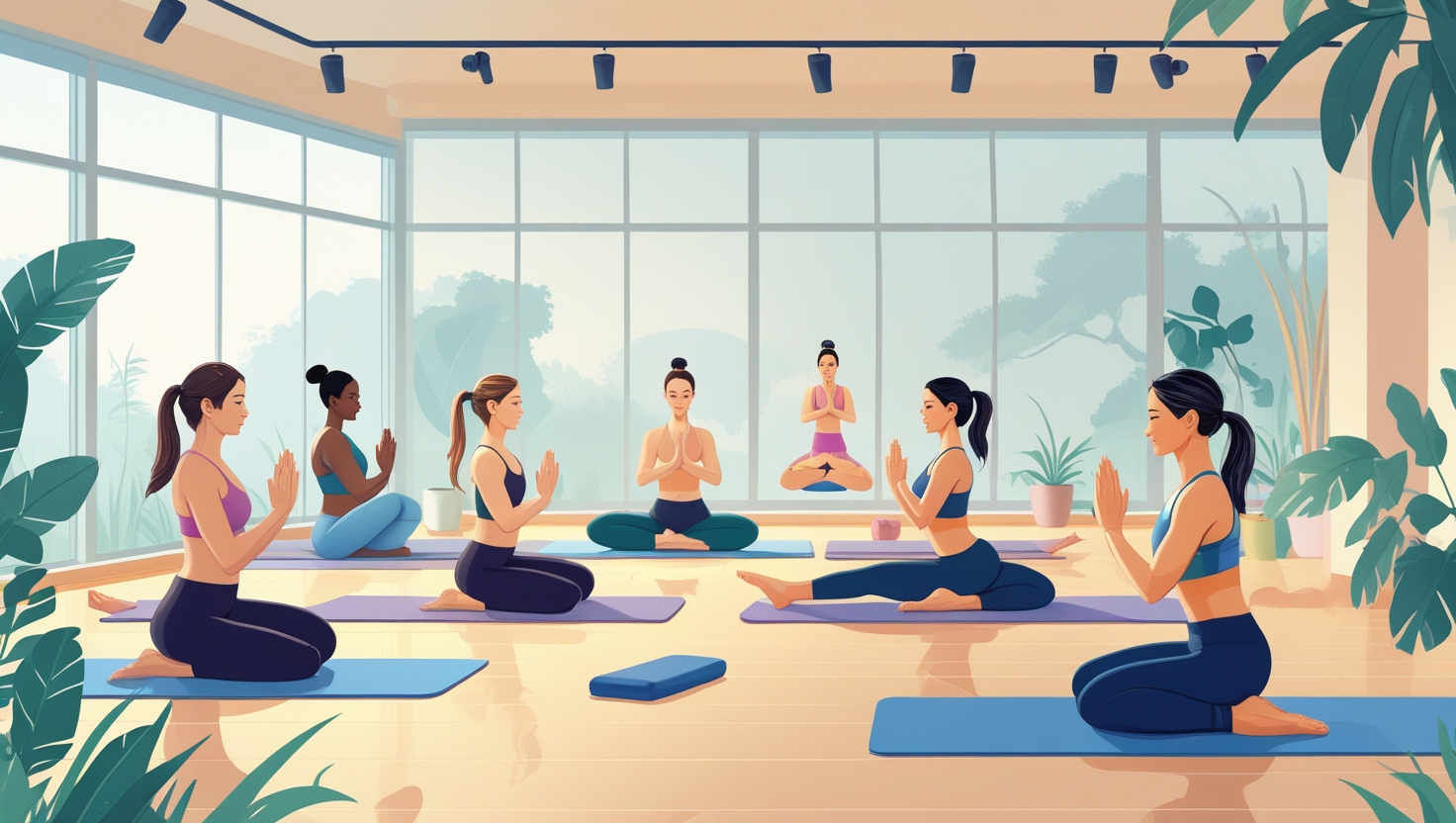In today’s high-stress society, anxiety and depression have become increasingly common, affecting millions of Americans each year. While conventional treatments such as medication and psychotherapy play a significant role in managing these conditions, a growing number of individuals are turning to holistic approaches to enhance their mental health. Holistic methods focus on treating the whole person—mind, body, and spirit—rather than just alleviating symptoms. In this comprehensive guide, we’ll explore proven holistic techniques, lifestyle changes, and natural remedies that can support mental wellness.

Understanding Holistic Health
Holistic health emphasizes the interconnectedness of physical, emotional, and spiritual well-being. Rather than relying solely on pharmaceuticals, holistic methods integrate:
- Nutrition
- Exercise
- Meditation and mindfulness
- Herbal remedies
- Energy healing practices
- Lifestyle adjustments
Nutrition and Mental Health
A nutrient-rich diet can have a profound impact on mood and mental clarity. Some nutrients known to support mental health include:
- Omega-3 fatty acids (found in fish oil, flaxseed)
- Magnesium (dark leafy greens, nuts)
- Vitamin B-complex (whole grains, eggs)
- Vitamin D (sunlight, fortified foods)
Mindfulness and Meditation
Mindfulness practices, such as deep breathing, body scanning, and meditation, help reduce stress and promote emotional balance. Studies show that consistent mindfulness reduces symptoms of anxiety and depression by enhancing emotional regulation and lowering cortisol levels.
📊 Discover techniques in our article “Mindfulness and Meditation: Techniques for a Balanced Life”

Physical Activity and Mental Wellness
Regular exercise is one of the most effective holistic tools for combating anxiety and depression. Benefits include:
- Release of endorphins (natural mood lifters)
- Reduced inflammation
- Improved sleep and energy levels
- Enhanced cognitive function
Recommended activities:
- Walking in nature
- Yoga
- Strength training
- Dancing or rhythmic movement
Herbal and Natural Supplements
Certain herbs and supplements have been shown to improve mental health when used appropriately:
- Ashwagandha: Reduces stress and anxiety
- Rhodiola Rosea: Boosts energy and resilience
- St. John’s Wort: Commonly used for mild to moderate depression
- L-Theanine: Promotes relaxation without drowsiness
Sleep Hygiene and Its Role in Mental Health
Inadequate sleep exacerbates mental health issues. Improving sleep hygiene can include:
- Setting consistent bedtimes
- Limiting screen time before bed
- Using calming herbal teas (e.g., chamomile, valerian)
- Creating a restful environment
Spiritual Practices and Community Support
Spiritual practices can provide a deeper sense of meaning, reduce feelings of isolation, and improve resilience. Examples include:
- Gratitude journaling
- Attending spiritual or religious gatherings
- Volunteer work
- Group therapy or support circles
📉 Explore our article on “How to Boost Your Immune System Naturally”
A Sample Holistic Daily Routine
| Time | Activity |
|---|---|
| 6:30 AM | Wake up and practice gratitude |
| 7:00 AM | 20-minute yoga + meditation |
| 8:00 AM | Healthy breakfast with omega-3s |
| 12:00 PM | Light walk + herbal tea |
| 6:00 PM | Journaling + mindfulness |
| 9:30 PM | Bedtime with sleep ritual |
Final Thoughts
Holistic approaches to anxiety and depression can offer sustainable, natural ways to heal and thrive. By nurturing the body, mind, and soul, individuals can unlock a greater sense of peace and purpose. Always consult with healthcare professionals before starting new treatments, especially if you’re currently taking medication.
Share this content:







